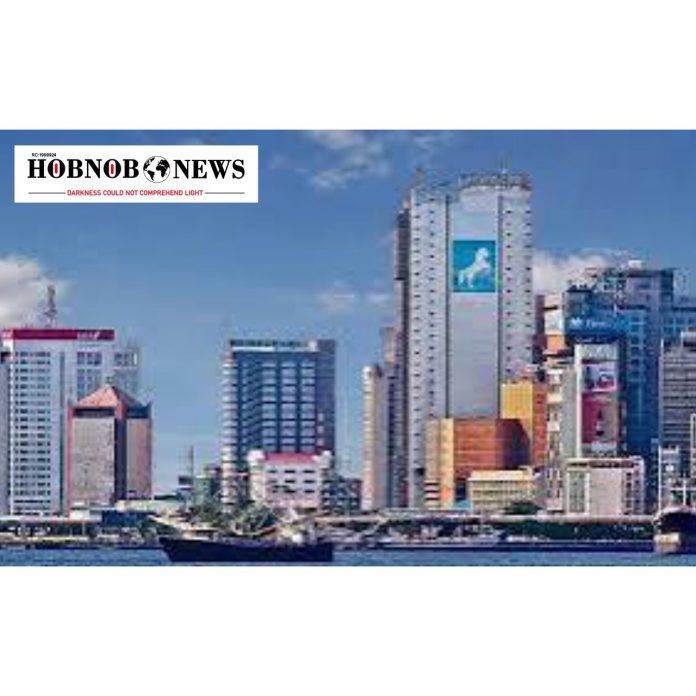With less than a year remaining before Nigeria’s banking recapitalization deadline, only seven banks have met or are on course to meet the new capital requirements.
BusinessDay data indicates that commercial and non-interest banks must collectively raise at least N2.47 trillion before the March 31, 2026 deadline.
Banks That Have Met the Benchmark
Zenith Bank, Access Holdings, Ecobank Nigeria, and Lotus Bank have already met the required capital threshold. Meanwhile, Wema Bank, Stanbic IBTC, and Fidelity Bank are on track to meet the target once they finalize their respective rights issues of N149.3 billion, N148.7 billion, and a 20-billion-share private placement.
So far, ten banks have either raised or are in the process of raising N2.02 trillion through rights issues, public offers, and private placements.
A further breakdown shows that Access Holdings secured N351 billion through a rights issue, while Zenith Bank raised N350.46 billion via a combination of a hybrid rights issue and a public offer. GTCO Holdings raised N209.4 billion through a public offer, and Sterling Holdco secured N103.8 billion from a private placement and rights issue. FCMB generated N144.6 billion through its public offer, while Fidelity Bank raised N175.85 billion via a hybrid rights issue and public offer.
Additionally, Fidelity Bank is conducting a private placement of 20 billion shares, which could yield over N380 billion based on its current share price of N19.05.
GTCO Holdings has not yet announced the second phase of its recapitalization strategy. The bank needs to raise at least N153 billion to maintain its international banking license, with a rights issue being the most viable option. Analysts speculate that following its N240 billion final dividend payout for FY 2024, GTCO may explore recapitalizing through earnings reinvestment.
Smaller Banks Yet to Act
While some banks have taken proactive steps, 14 smaller banks—including tier-2, tier-3, and non-interest banks—are yet to initiate their recapitalization plans. These institutions still need to raise N1.6 trillion to comply with the minimum capital requirements.
Despite this delay, analysts remain optimistic that Nigerian banks will meet the Q1 2026 deadline. Fitch Ratings suggests that a sector-wide banking consolidation is unlikely.
Samuel Oyekanmi, a Research Associate with Norrenberger, noted that unquoted banks would likely explore private placements before considering mergers. “The tier-2, tier-3 banks that are not quoted, they will not put mergers forward first. They will try to as much as possible raise the monies through private placements,” he explained.
Challenges Facing Certain Banks
Some older and unquoted banks face uncertainty. Union Bank, which has delisted from the stock exchange, must raise N51.9 billion but has been slow in its recapitalization efforts. The bank is also in breach of the 10% capital adequacy ratio.
Polaris Bank needs N149.6 billion to maintain its national banking license but has not yet taken any steps. Keystone Bank, now under the CBN’s control, faces an uncertain future.
Meanwhile, Unity Bank is merging with Providus Bank and has secured N700 billion in financial accommodation from the CBN. However, the merged entity still needs N142.5 billion to retain its national banking license.
Among tier-3 banks—Globus Bank, Standard Chartered Bank, Nova Bank, Titan Trust Bank, Premium Trust Bank, Optimus Bank, and Citibank Nigeria—the outlook remains unclear. Foreign-owned banks like Standard Chartered and Citibank Nigeria are in a stronger position due to potential financial backing from their parent companies.
It is uncertain whether these banks have secured board approval to launch their recapitalization plans. However, Fitch Ratings predicts mergers, acquisitions, and license downgrades will likely occur among tier-3 banks.

